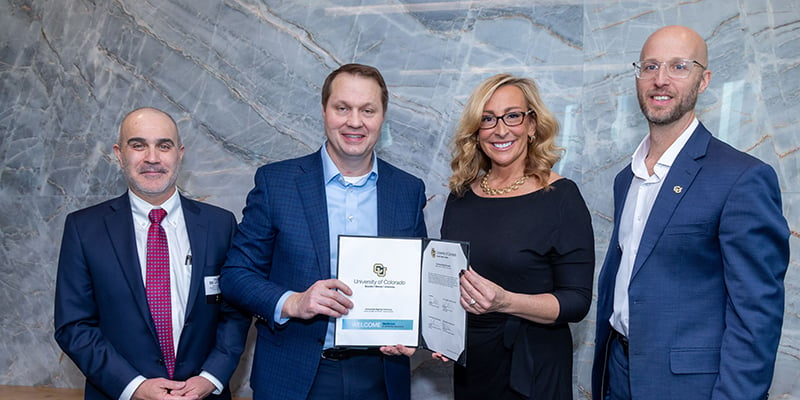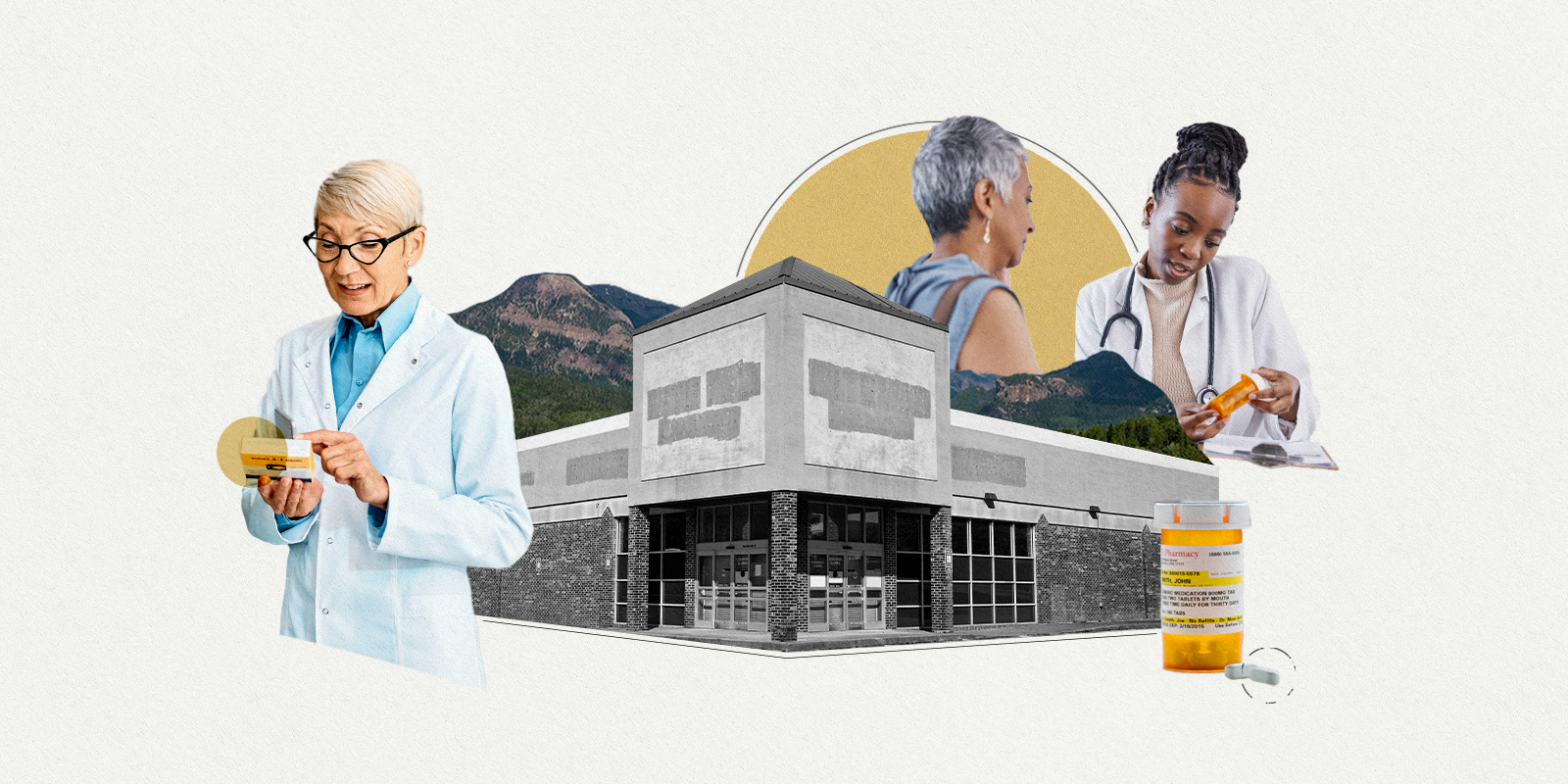What has been your view of the “therapy speak” discussion?
I’ve been talking about this since TikTok came out. Now, I’m not trying to sound like I don’t like social media, but it is something that I think is definitely an issue through these platforms and it’s causing a breakdown in communication between people.
Instead of actually having a conversation with a partner when you get into a fight, you just can throw out things such as, “You're gaslighting me,” or “You're such a narcissist.” That’s being used as a weapon and that’s not actually how you have relationships. I have a lot of patients coming to me who think that maybe they’re being gaslit or that they’re dating a narcissist. While this could be the issue, they may also be discounting something that is a commonplace relationship struggle that is not being communicated effectively.
Human relationships are nuanced. Because this content being put out there online doesn’t capture that nuance and generalizes – things like natural relationship ups and downs – people’s relationships are ending up in an unhealthy place because people aren’t communicating effectively.
What terms have you been hearing misused in your professional work?
Apart from gaslighting and narcissism, whether it’s people bringing it up in therapy or just in our society, is OCD. As an OCD therapist, it just irks the heck out of me when hearing: “Oh, I’m so OCD,” just because they like things organized or clean. That is a preference, not OCD.
ADHD and dissociation are others. While some of my patients do struggle with dissociation, sometimes severe dissociation, other times what’s happening is they are taking – again a commonplace human experience – and pathologizing it and trying to make it a problem.
For example, I had a patient who told me that they had dissociation concerns – they were driving home from work and all of a sudden they were home. They didn’t remember the drive and said they were disassociating. My response to that is: that’s very, very low-grade disassociation. Just like daydreaming is a low grade form of dissociation, this issue is something every single human being experiences. So when someone brings me a problem like this, I look at it and say: “OK, it might be a commonplace human experience, but they see it as problematic, so why is it a problem for them?”
So, in the therapist and patient relationship, there needs to be more curiosity and less judgment around these more human experiences?
Yes. I think being curious, not judgmental. As a therapist, I’m asking them maybe why they think they have this diagnosis for this issue. Especially with some folks, they might come to you with a self-diagnosis and they might have this fixed agenda of, “I have this diagnosis and I need to get it confirmed” – they’re not being open to other opinions. I will ask them to be curious about that and also, ask them a few questions:
-
Why is it important for you to have this diagnosis?
-
What would happen if you didn't have this diagnosis?
-
What would it mean if you did?
I also like to provide some psychoeducation. A diagnosis can be really helpful, but it doesn’t define you. Diagnosis doesn’t mean you get to use it as a reason to avoid or hide from life. A diagnosis is a starting point in understanding yourself – not an endpoint. It’s the start of a very long, and often uncomfortable, journey.
Who has been more susceptible to the pressures of social media from your experience?
It really depends not as much about what the diagnosis is and how that affects someone, I think it’s overall social media use.
What I might say though is that people with some sort of anxiety disorder who might struggle with that compulsive type of research or scrolling even, they might be more susceptible to that information. They're on TikTok trying to find an answer to their health condition. People can do that for hours, sometimes, reinforcing what they set out to find.
As a therapist, how do you go about tackling concepts that take several sessions to reinforce when you are up against a proliferation of 15-second videos?
It’s a few things. I think building a really solid rapport with a person is always the first step in therapy. Getting to the point where my patients know I’m going to be direct and call them out if they have behaviors that aren’t the most helpful for them. Psychoeducation around the effects of social media. Coupled with that is a reminder for a patient that a diagnosis is more nuanced and at the same time doesn’t define you.
How can people avoid weaponizing therapy language?
One thing about the terms being used is the all-or-nothing type language.
You’re either great or you’re a narcissist. Life is good or I’m traumatized. This mode of thinking doesn't leave room for the nuance of human experiences. I think it’s important to recognize that people in our lives might not be super skilled at resolving conflicts and they might have differing opinions and perceptions, but that doesn’t mean they’re gaslighting us.
When used incorrectly, these terms that once had meaning can cause communication issues and misunderstandings. We really can limit our worldview and experiences when we're not using our language and our words effectively.
However, when we're actually able to label our emotions and experiences with the wide array of language outside of these overused phrases, we allow ourselves to be truly vulnerable, authentic and connect with others. We really need to work on building our emotional vocabulary to broaden our worldview and make our life more rich and fulfilling. Without that emotional vocabulary, we’re just going to default to these phrases that just stop the conversation.
Because these terms sound so imposing and definitive they make it hard to continue?
Yeah. I mean, how are you supposed to respond when someone says during a dispute, “You're a narcissist?” That's a conversation stopper. No matter what you do to defend yourself, you’re just going to dig yourself deeper because that person has a very fixed view of you.
I think that patience is key, as well as the ability to accept the gray and uncertainty. With throwing these diagnoses out, people are identifying with them because they want to fit into a neat little box. They want their human experience to really be explained and cut and dry, but that’s not what being a human is. Even people who have those official diagnoses all look different because life is messy.
It does seem like the misuse of some of these terms would also be invalidating to those clinically diagnosed in some cases.
It’s almost become trendy to identify or over-identify with a mental illness. People who are struggling with their mental health don't find their mental illness as trendy. They often don’t want it to be their identity. People who act like mental illnesses or diagnoses are Pokemon cards to collect can come across as invalidating, and they can make people with mental illnesses actually feel worse. It often feels like social media has become the WebMD for mental illnesses and mental disorders.





